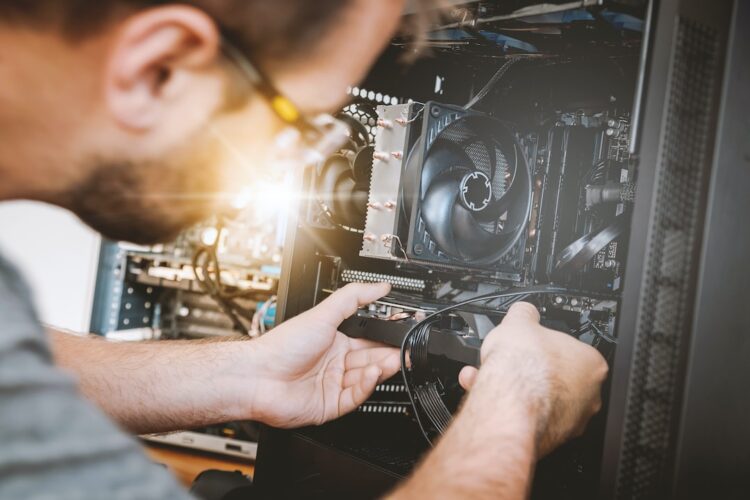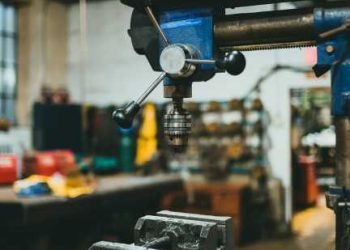The Role of Artificial Intelligence in Manufacturing
Artificial intelligence (AI) has been disrupting various industries, and manufacturing is no exception. The shift towards automation and data-driven decision-making has revolutionized the way manufacturers operate. From streamlining production processes to enhancing product quality, AI has become an integral part of modern manufacturing. In this blog post, we will explore the role of artificial intelligence in manufacturing and how it is transforming the industry.
One of the primary benefits of AI in manufacturing is its ability to optimize production processes. AI-powered machines and robots can carry out repetitive tasks with precision and speed, reducing human error and increasing productivity. Manufacturing plants can now operate 24/7 without the need for human intervention, leading to increased output and reduced costs. This automation allows manufacturers to meet customer demands more efficiently and effectively.
Moreover, AI enables predictive maintenance, which plays a crucial role in minimizing equipment downtime and maximizing efficiency. By analyzing real-time data, AI algorithms can detect anomalies and patterns, enabling manufacturers to anticipate and prevent equipment failures before they occur. This proactive approach not only prevents production delays but also reduces maintenance costs, as repairs can be scheduled during non-peak hours. By leveraging AI for predictive maintenance, manufacturers can significantly improve their overall operational efficiency and profitability.
Another significant impact of AI in manufacturing is its ability to enhance product quality. By analyzing large volumes of data, AI algorithms can identify patterns and correlations that humans may overlook. This enables manufacturers to identify potential defects or deviations in the production process, allowing them to make immediate corrections. Additionally, AI-powered systems can monitor quality at every stage of production, ensuring that specifications and standards are consistently met. Ultimately, this results in higher-quality products and increased customer satisfaction.
AI also plays a crucial role in inventory management. By analyzing historical sales data and current market trends, AI algorithms can accurately predict future demand. This allows manufacturers to optimize their inventory levels, ensuring that they have the right amount of stock at the right time. AI can also help manufacturers streamline their supply chain operations by automating procurement processes, tracking shipments, and optimizing delivery routes. As a result, manufacturers can reduce costs associated with excess inventory while also improving customer service.
Furthermore, AI is transforming the role of human workers in the manufacturing industry. Contrary to the misconception that AI will replace humans, it is actually augmenting their capabilities. AI-powered systems can assist workers in complex decision-making processes by providing real-time insights and recommendations. This enables workers to make more informed decisions and improve overall productivity. Additionally, AI can reduce the risk of workplace accidents by detecting potential hazards and alerting workers in real-time. By collaborating with AI technologies, human workers can focus on more meaningful and creative tasks that require empathy and critical thinking.
However, the adoption of AI in manufacturing does come with challenges. One of the main concerns is the potential displacement of jobs. As automation and AI take over repetitive tasks, there is a fear that many manufacturing jobs will become obsolete. However, this transformation also creates new opportunities for workers to upskill and transition into more advanced roles. The key is to invest in training programs and educational initiatives to equip workers with the necessary skills to thrive in the era of AI. Additionally, manufacturers must ensure that AI technologies align with ethical considerations, such as data privacy and security.
In conclusion, the role of artificial intelligence in manufacturing is undeniable. From optimizing production processes to enhancing product quality, AI has become a game-changer for the industry. It empowers manufacturers to operate more efficiently, make data-driven decisions, and deliver higher-quality products. While there are challenges to address, the benefits of AI in manufacturing are vast. As the industry continues to innovate and embrace AI technologies, we can expect further advancements and opportunities in the manufacturing landscape.












